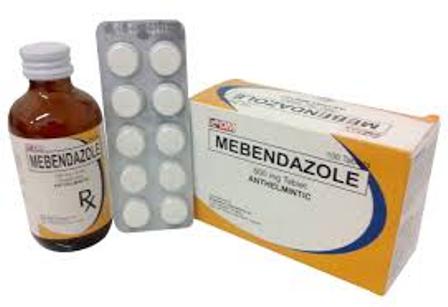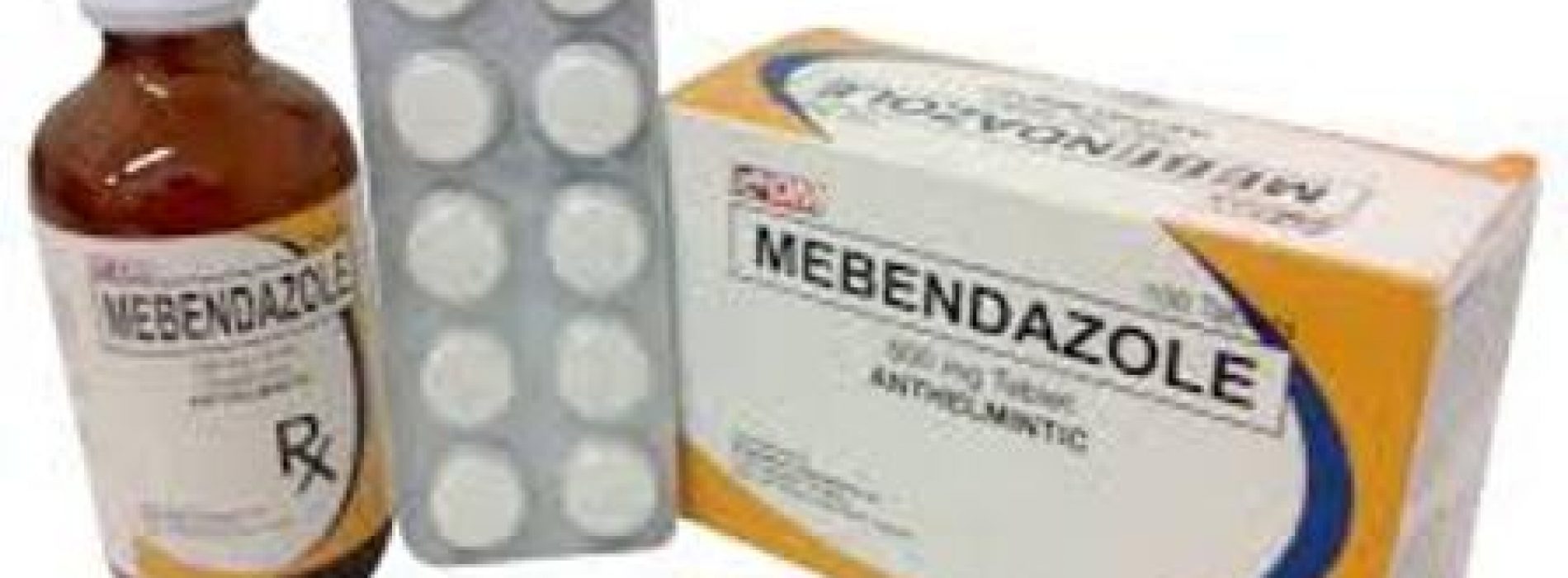WHO to distribute Paediatric chewable worm medicine to endemic countries

The World Health Organization (WHO) will begin distributing a paediatric (chewable) formulation of mebendazole to countries with a high prevalence of soil-transmitted helminthiases (intestinal worms).
Mebendazole is one of the medicines recommended by WHO to treat intestinal worm infections of humans. This formulation was approved by the United States Food and Drug Administration in 2016 and is now donated to WHO by the pharmaceutical company Johnson & Johnson.
“Now, young children aged 1 year or older children who have difficulty swallowing solid tablets will be able to easily ingest the tablet, which has a pleasant taste and can either be chewed or turned into a soft mass with a little water,” said Dr Antonio Montresor, who heads WHO’s programme on soil-transmitted helminthiasis.
Initially, the quantity of this paediatric formulation will be limited, with full roll-out planned as production capability increases. Paediatric mebendazole will fill a major gap in the treatment of intestinal worms.
“The new formulation was developed in response to WHO’s call for a more child-friendly version. It overcomes a major difficulty in administering the medicine to children,” said Cori Vail, Director of Program Strategy for Soil Transmitted Helminths at Johnson & Johnson.
More than 1.5 billion people, or 24% of the world’s population, are infected with soil-transmitted helminths worldwide. Infections are widely distributed in tropical and subtropical areas, with the greatest numbers occurring in sub-Saharan Africa, the Americas, China and East Asia.
Over 267 million preschool-age children live in areas where these parasitic worms are intensively transmitted and periodic treatment is required to prevent associated morbidity.
In 2017, WHO published an updated, evidence-based guideline on regular large-scale treatment of population groups at risk of soil-transmitted helminth infections. The guideline largely endorses the current practice of preventive treatment in areas endemic for the three main worm species that cause the disease.
Recognizing that preschool children are an important group at risk for intestinal worms, the pharmaceutical company Johnson & Johnson have decided to include the new formulation in their current donation programme through WHO, with plans to gradually increase production.
Johnson & Johnson have collaborated with WHO to deliver quality-assured mebendazole to control soil-transmitted helminth infections in school-age children since 2010. More than 1 billion tablets of donated mebendazole (500 mg) have been shipped to countries requesting the medicine.
Source: WHO
About author
You might also like
Provide PrEP to all vulnerable groups if you want to eradicate HIV, advocacy group tells FG
Says daily intake reduces the risk of HIV from sex by 90% In order achieve “zero level” HIV/AIDS infections or keep it to the barest minimal in Nigeria, the
World leaders budget US$ 13 billion yearly to fight TB
From Akin Jimoh, (DEVCOM) with Agency report NEW YORK – World leaders at the first-ever UN High-level meeting on TB, have agreed to mobilize US$ 13 billion a year by
Edo State unveils new campaign for COVID-19 vaccination
Edo State government has launched a new campaign plan to boost immunity against COVID-19 in the state. Launching the campaign tagged “Scales 3.0 Strategy for accelerating COVID-19 Vaccination,” at Ugbor







0 Comments
No Comments Yet!
You can be first to comment this post!